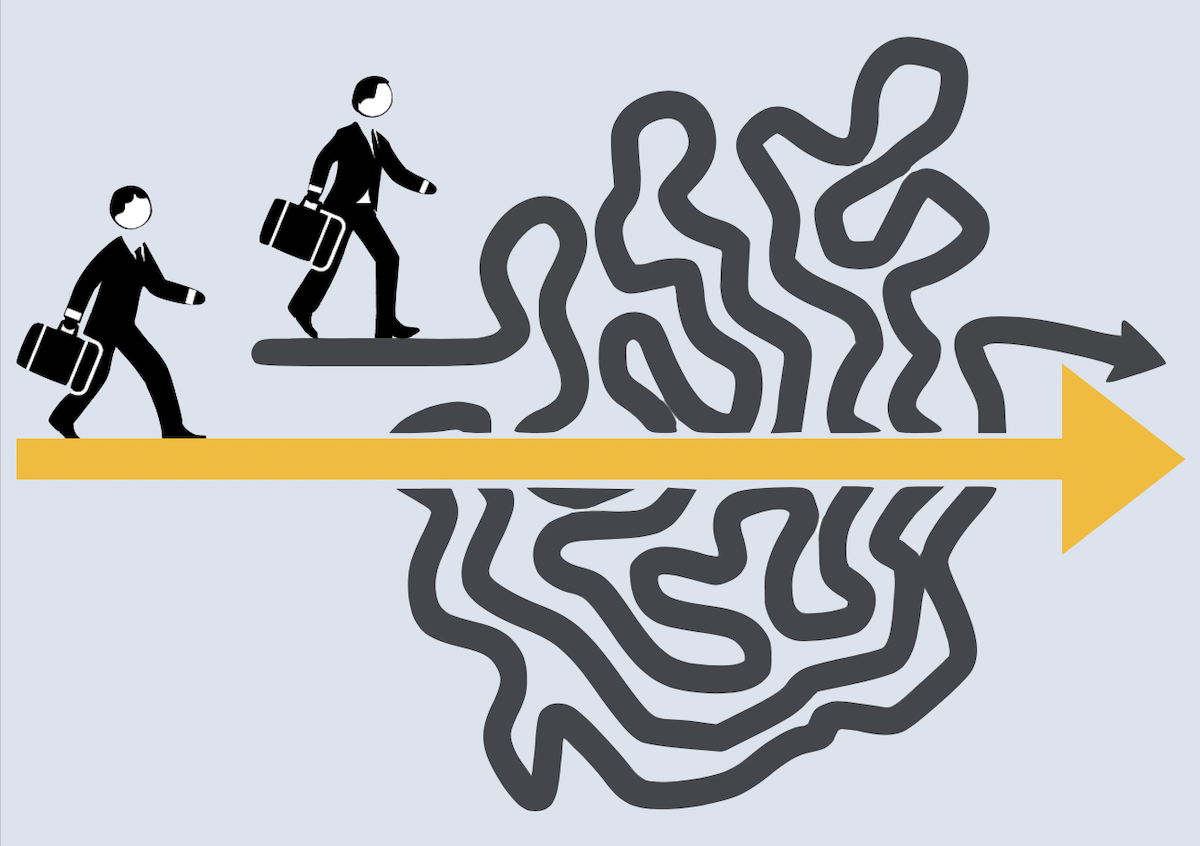Heuristics, also known as rule of thumb, are mental shortcuts that help people make decisions and solve problems quickly and efficiently based on prior experience. They are helpful in many situations but can lead to errors and biases.
In our daily lives, we face many situations that require us to make decisions and solve problems. Some situations are straightforward, while others are complex and ambiguous. How do we cope with the complexity and uncertainty of the world? Heuristics help us simplify and speed up our decision-making and problem-solving processes. They enable us to reduce the amount of information and cognitive resources we need to process and act quickly and efficiently in various contexts.
We significantly decide on the information we have gathered recently or what we often listen to. When we encounter the availability heuristic, we rely on readily available information, even if it's not representative. What happens when you hear on the news about a plane crash? Would you prefer a plane journey at that time? No. Everybody develops a fear of air travel if they come across a plane crash, at least for some time. Here, we fall victim to the availability heuristic. We overestimate the likelihood of a plane crashing based on how easily it comes to mind.
Plane crashes are actually very rare events, but they are also very dramatic and tragic. They often receive a lot of media attention and public interest. Much media coverage and easy information availability don't mean this event occurs rather often. As a result, we might recall examples of plane crashes more easily than examples of safe flights. This can make us think that flying is more dangerous than it actually is.
However, this is a flawed and irrational way of thinking. According to statistics, flying is one of the safest modes of transportation in the world. The odds of dying as a passenger on an airplane are about 1 in 11 million, while the odds of dying in a car accident are about 1 in 5,000. Therefore, we should not let our emotions and memory influence our perception of reality.
We make many such decisions in our daily lives, ultimately affecting us. To avoid this situation, we should seek more information, consider alternative perspectives, and be aware of our biases. We should also remember that just because something is more available in our mind does not mean it is more probable or important in reality.

Great blog post on heuristics! I found the breakdown of different types of heuristics and their real-world applications really insightful. Loved it!!
ReplyDeleteInsightful! good work Yuyutsu 👀
ReplyDeleteMy guessing's were never in my favor when I tried it, but when it does it makes gives me wonder now was it heuristics 🤣🤣
ReplyDelete